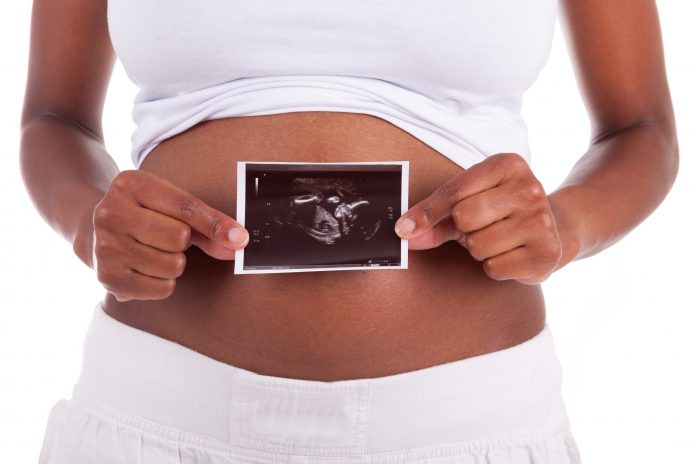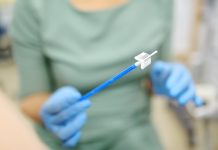Researchers have found that artificial intelligence (AI) can help to diagnose birth defects, gestational diabetes and preterm birth earlier
Researchers from the University of Seville have carried out an analysis to confirm that AI can be used to detect congenital heart birth defects or macrosomia, gestational diabetes and preterm birth earlier in pregnancy.
María del Carmen Romero, Researcher at University of Seville: “There is growing interest in the application of artificial intelligence in obstetrics and gynecology. These applications of AI can not only monitor women’s health during pregnancy but can also help to improve the universal provision of health services, especially in the most disadvantaged areas. This field, therefore, contributes to improving both individual and public health.”
The work reveals the lack of studies where emotions are taken into account as input parameters in risk prediction models in pregnancy (only 1.28% of the studies analysed).
Women’s mental health
Moreover, very few studies look closely at the pregnant woman’s mental health (only 5.1% of the studies analysed), despite it having been shown that the woman’s psychological health is correlated with the risk of suffering certain diseases typical of pregnancy.
Systems based on affective computing could allow emotional interaction with the pregnant woman and detect emotional changes, making it possible to offer guidance or recommendations. This can make the patient feel safer and can reduce the usual feelings of anxiety or worry that sometimes lead to physical problems.
“Given that there is previous scientific evidence that supports the idea that the emotional state and mental health of the pregnant woman can influence the occurrence of risks in pregnancy, our study highlights what is a very interesting multidisciplinary research niche for affective computing in the field of health and well-being of pregnant women,” María del Carmen Romero adds.
This study included the collaboration of the Library Service of the University of Seville and was led by Dr. María del Carmen Romero Ternero along with Dr. Andreea Madalina Oprescu and Dr. Gloria Miró Amarante, from the US School of Computer Engineering, researchers and doctors Dr. Lutgardo Garcia Diaz and Dr. Luis M. Beltrán Romero of the Virgen del Rocío University Hospital, and Dr. Victoria Eugenia Rey Caballero, Medical Director of CAREMUJER Gynecological Clinic.











